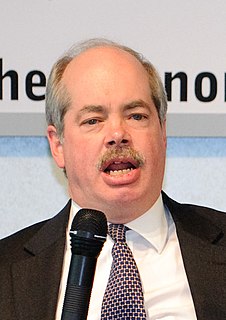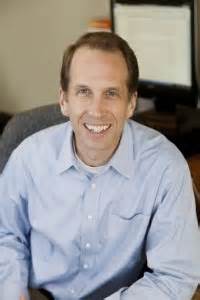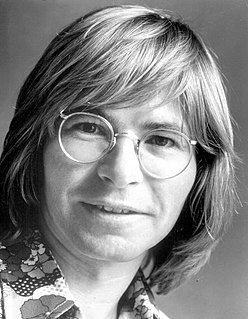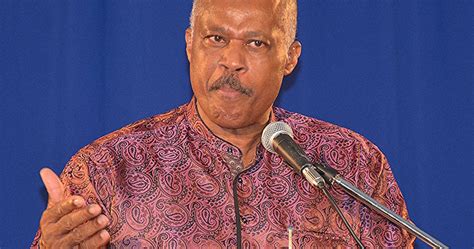A Quote by Christopher Flavin
Building a world where we meet our own needs without denying future generations a healthy society is not impossible, as some would assert. The question is where societies choose to put their creative efforts
Related Quotes
The future of life on earth depends on our ability to take action. Many individuals are doing what they can, but real success can only come if there's a change in our societies and our economics and in our politics. I've been lucky in my lifetime to see some of the greatest spectacles that the natural world has to offer. Surely we have a responsibility to leave for future generations a planet that is healthy, inhabitable by all species
...our societies appear to be intent on immediate consumption rather than on investment for the future. We are piling up enormous debts and exploiting the natural environment in a manner which suggests that we have no real sense of any worthwhile future. Just as a society which believes in the future saves in the present in order to invest in the future, so a society without belief spends everything now and piles up debts for future generations to settle. "Spend now and someone else will pay later."
Actually, the inability of any society to resist immigration, the inability to find other solutions to the problem of employment at the lower, more physical, and menial levels of the economic process, is a serious weakness, and possibly even a fatal one, in any national society. The fully healthy society would find ways to meet those needs out of its own resources.
I suppose that's a question most often asked of me by people who would like to make a positive contribution towards a sustainable future and a healthy environment. There are so many things that need to be done that sometimes it seems overwhelming. I try to remind everyone that no one person has to do it all but if each one of us follows our heart and our own inclinations we will find the small things that we can do, and together we will come up with enough to create a sustainable future and a healthy environment.
When I save, I lay something aside for future need. If I sense God's leading, I will give it away to meet greater needs. When I hoard, I'm unwilling to part with what I've saved to meet others' needs, because my possible future needs outweigh their actual present needs. I fail to love my neighbor as myself.
You can read Windrush as a morality tale, but it is about the future of black people in the Caribbean. Where next will they want us to labour? Where is the next place they will take us? Why do we not focus on building our own economies and societies? We need to put all hands on deck to get our economies to function at a higher level.
































